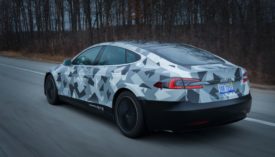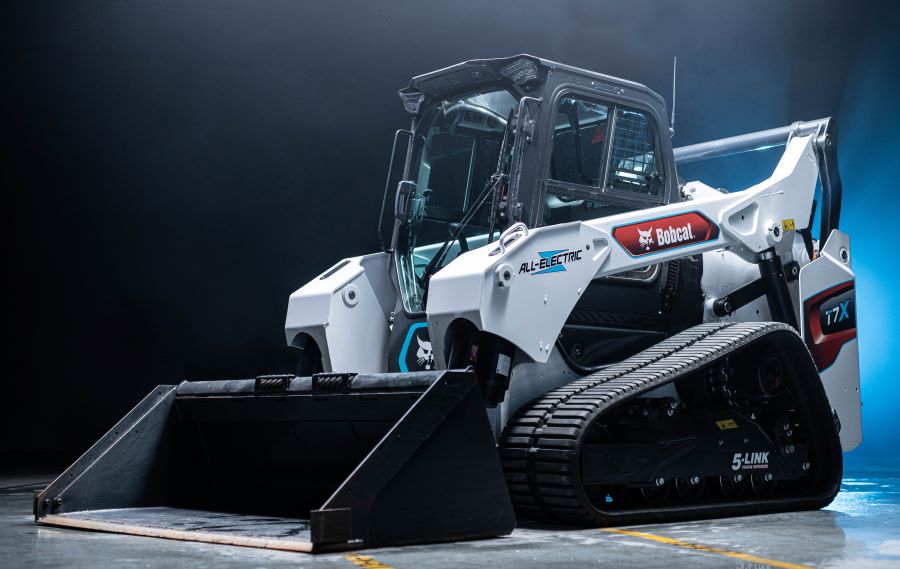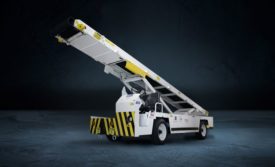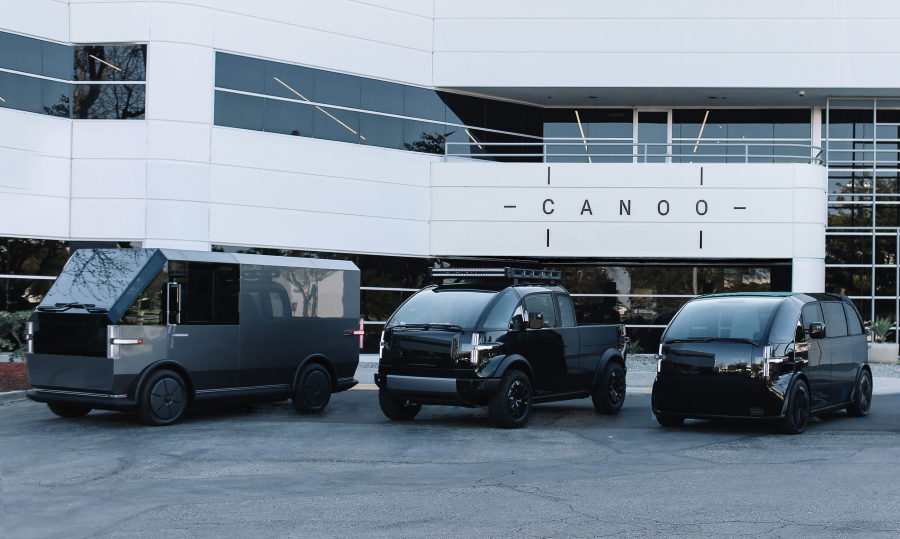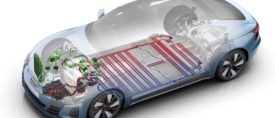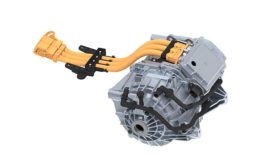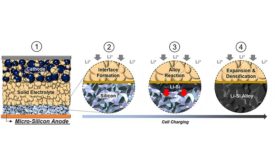Home » electric vehicles
Articles Tagged with ''electric vehicles''
Gigafactories Help Battery Manufacturers Meet Growing EV Demand
Fast, flexible automation can maximize throughput.
December 23, 2021
Controlling Heat Build Up in EVs
New tools and technology help battery-powered vehicles control heat.
December 20, 2021
Never miss the latest news and trends driving the manufacturing industry
Stay in the know on the latest assembly trends.
JOIN TODAY!Copyright ©2024. All Rights Reserved BNP Media.
Design, CMS, Hosting & Web Development :: ePublishing
